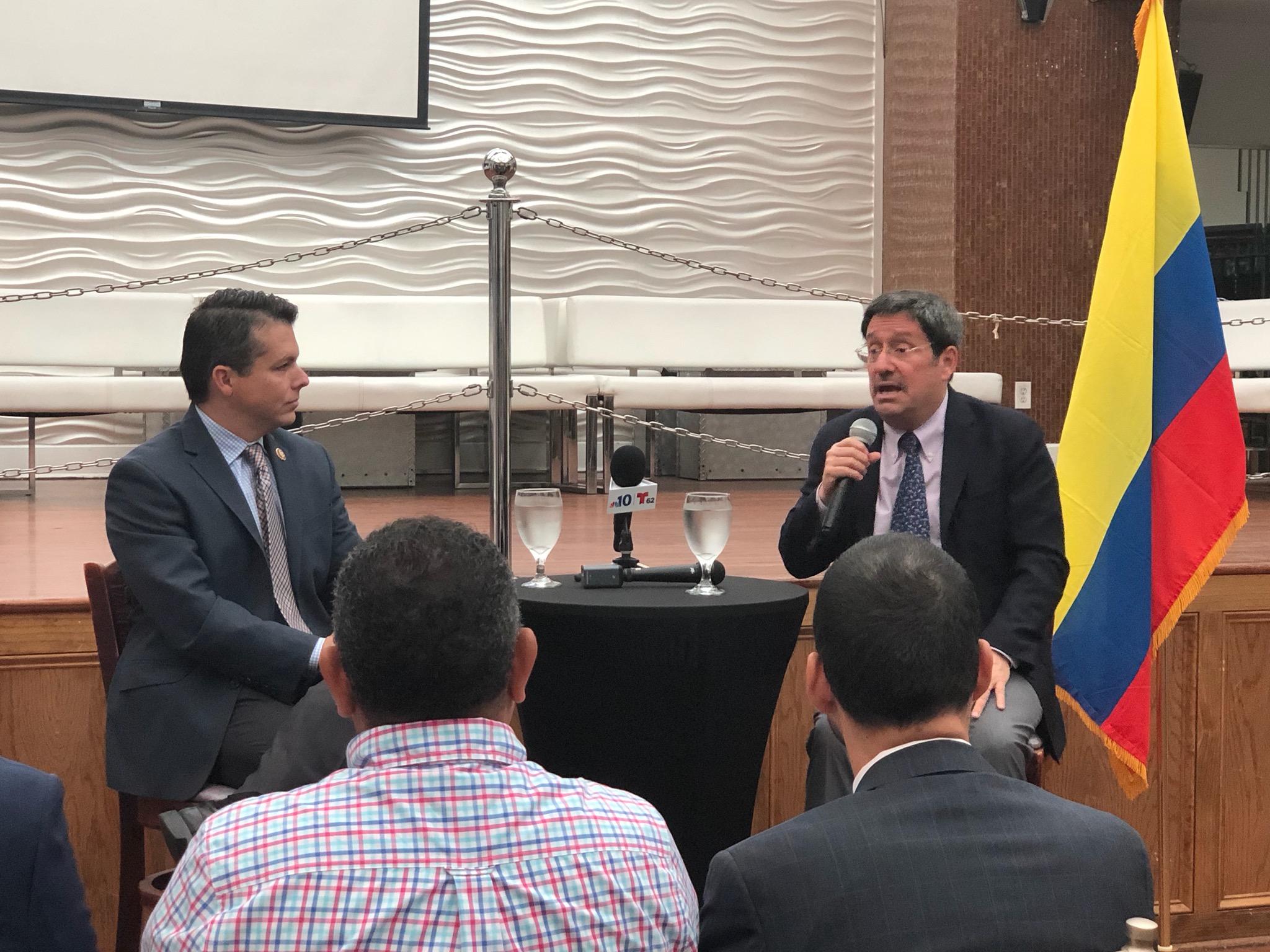
Colombian Ambassador to the U.S. visits Philly to speak on the Venezuelan refugee crisis in Colombia
“There can be no plan B, there’s only one plan and the plan is getting rid of Maduro, and the plan is getting elections, and the plan is getting Venezuela back…
The United Nation Refugee Agency estimates that roughly 3.4 million Venezuelan refugees have fled Venezuela since its economic and political crisis — with the majority crossing the border into Colombia.
The Colombian Ambassador to the United States, Francisco Santos Calderón, together with US Congressman Brendan Boyle visited North Philadelphia, on June 17, to speak to the organizations Casa Venezuela and Acción Colombia about the crisis.
“We have a difficult challenge, Venezuela is imploding economically. Colombia right now has about 1.5 million migrants; Ecuador has 300,000; Peru has 600,000; Chile has 300,000; Argentina has 200,000; Brazil has 200,000,” Calderón said.
This migration is believed to be the biggest exodus Latin America has ever seen. In 2018, an estimated 5,000 Venezuelans a day left the country to escape the crushing economic and social conditions.
After speaking with Venezuelan refugees during multiple trips to the Colombian-Venezuelan border in recent months, Calderón says he has begun to receive different answers to the same three questions he asks those fleeing Venezuela — answers that illustrate how bad the situation is, and how it is getting worse.
When asked last January how far they traveled, Calderon says the majority of Venezuelan refugees would answer 100 to 150 miles from the border; now, refugees are coming as far as 500 miles from the border city of Cúcuta, Colombia.
The second question he asked was, “Are you bringing your family?” In January, most of the refugees would say, “No, I’m going to work here and I’m going to send them money to survive until the situation changes.” Now, he says, nobody wants to leave their families behind.
Calderón’s third question was, “How often are you and your kids eating?” In January, Calderón says the answer was unanimous: “My kid is eating at least once every day, and I’m eating almost once every day.”
Yet, just a month ago, the answer changed to: My kid is eating one day yes, one day no, and I’m eating every two to three days.”
RELATED CONTENT
Calderón says that the lack of food, electricity, and employment in Venezuela is getting so bad that he is worried it will cause a famine that would push millions of refugees into Colombia — which the country cannot withstand.
As the crisis continues to deteriorate, Colombia and other countries have formed the “Grupo de Lima” in order to find a peaceful, collaborative solution to the Venezuelan crisis.
“There can be no plan B, there’s only one plan and the plan is getting rid of Maduro, and the plan is getting elections, and the plan is getting Venezuela back on its feet with liberty, freedom, and the guarantees that this crisis will be over,” said Calderón.
In the United States, members of Congress are also taking steps to provide relief to the Venezuelan refugees.
Congressman Boyle is a co-sponsor and a strong supporter of the bi-partisan Venezuela TPS Act, which would allow Venezuelan nationals who qualify to stay in the U.S., regardless of their current immigration status.
The bill is currently up for action in the House Judiciary Committee.
“I have personally spoken to some of my colleagues to try and educate them on this issue because one of the challenges is the sense of urgency — it’s not just what has already happened (...), we’re right on the precipice of seeing a famine affecting millions of people,” said Congressman Boyle.
And that is one precipice no one wants to see Venezuela fall from.


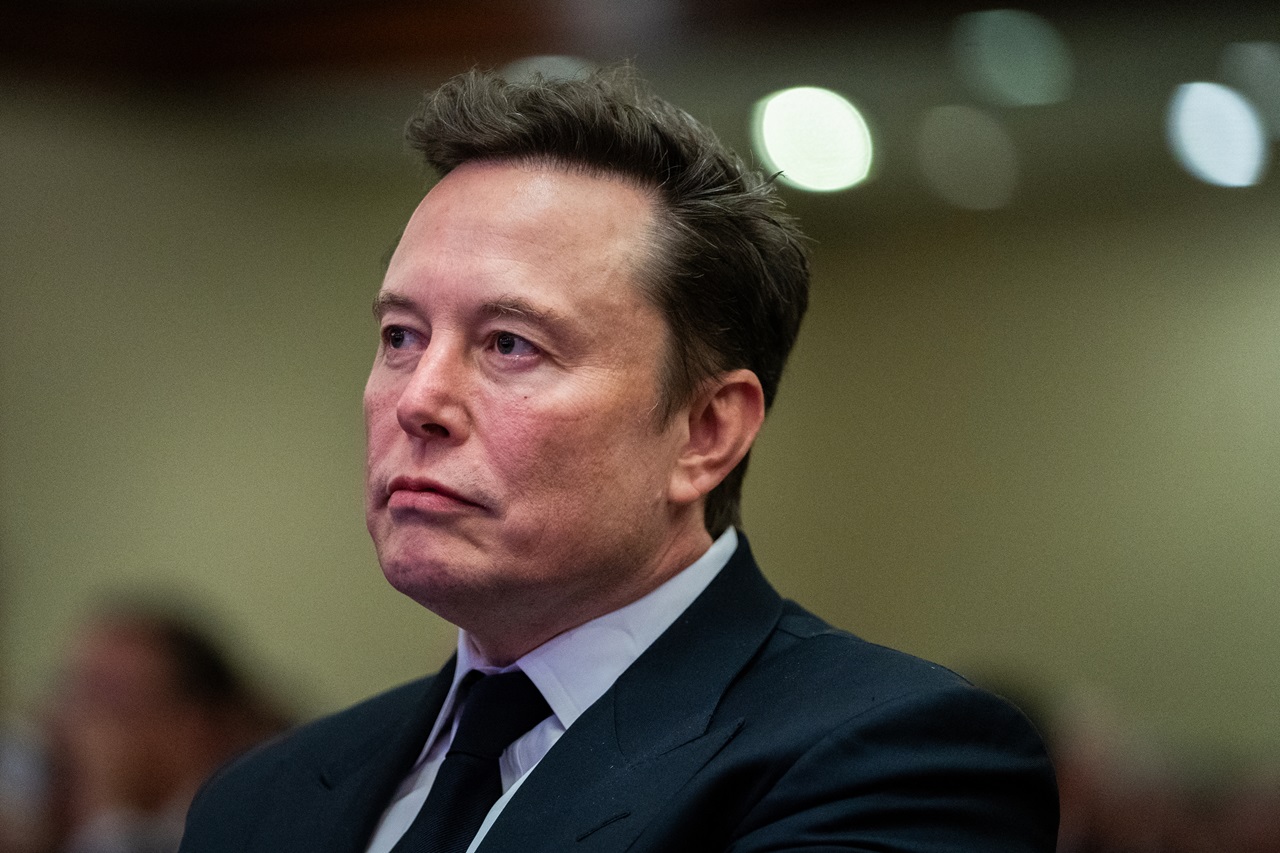
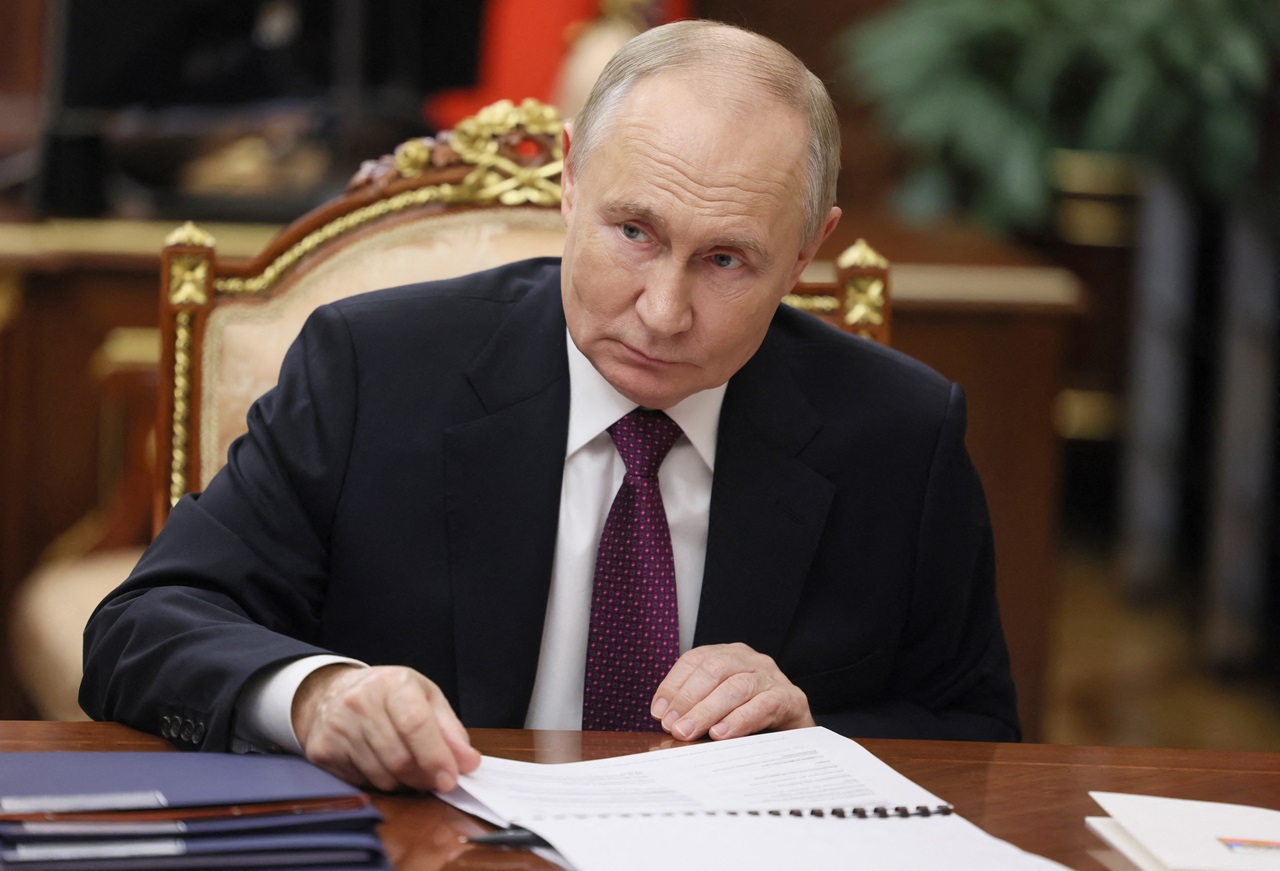
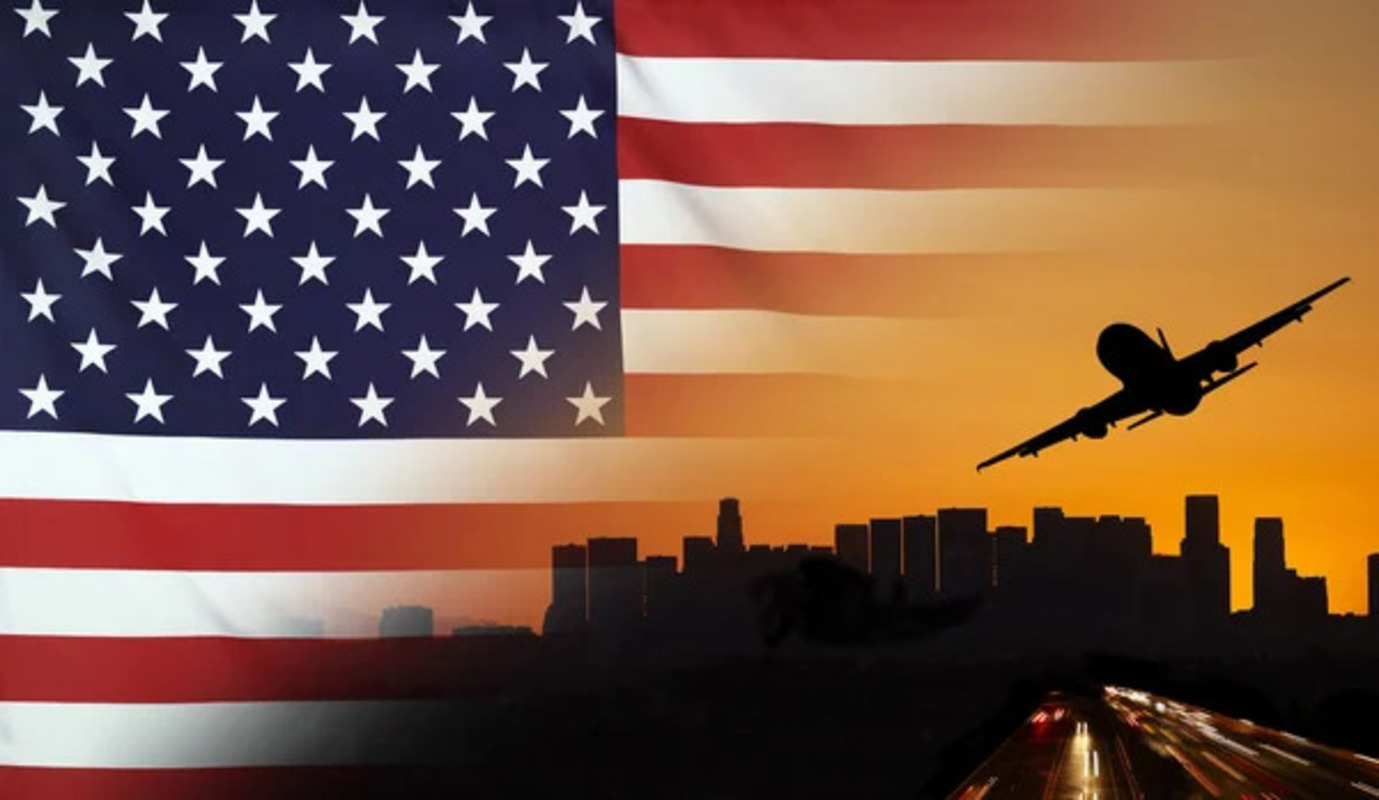
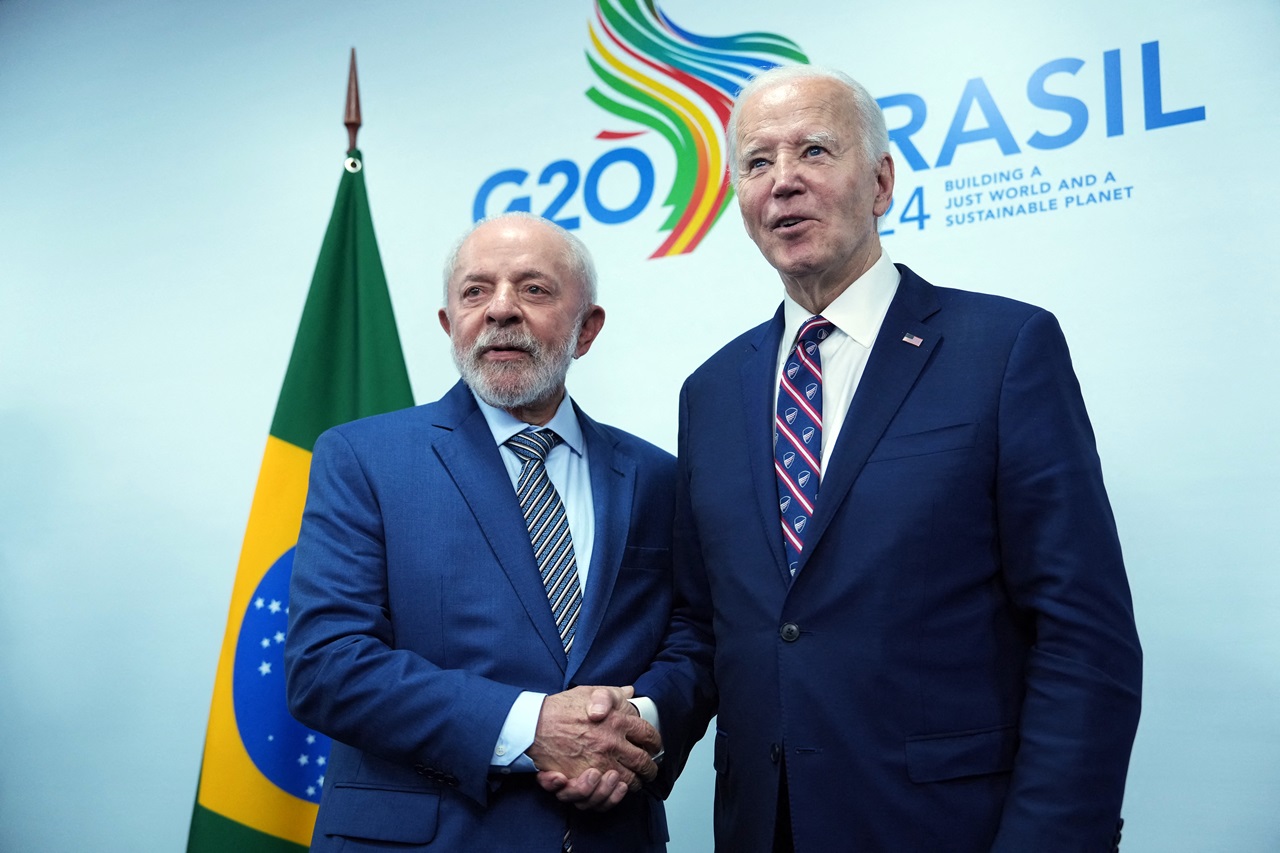
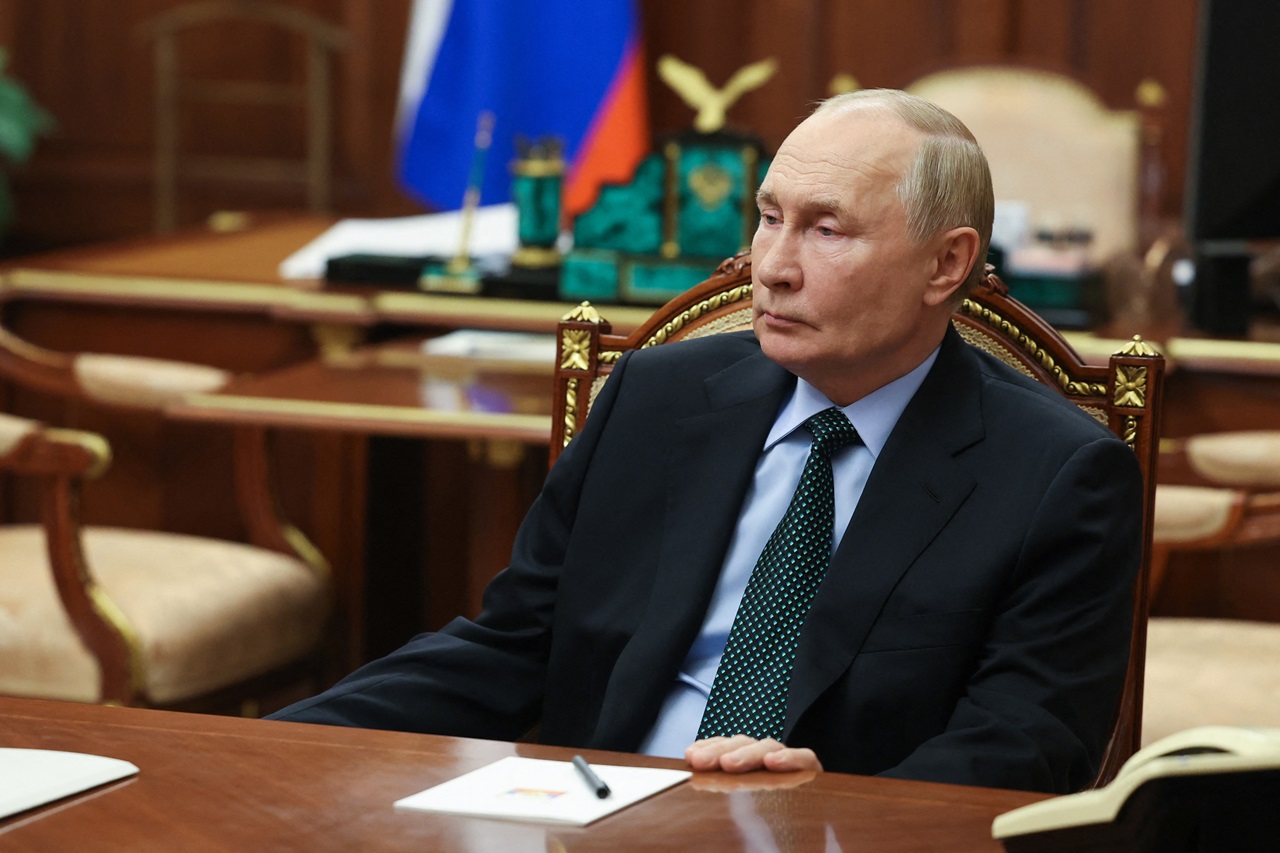
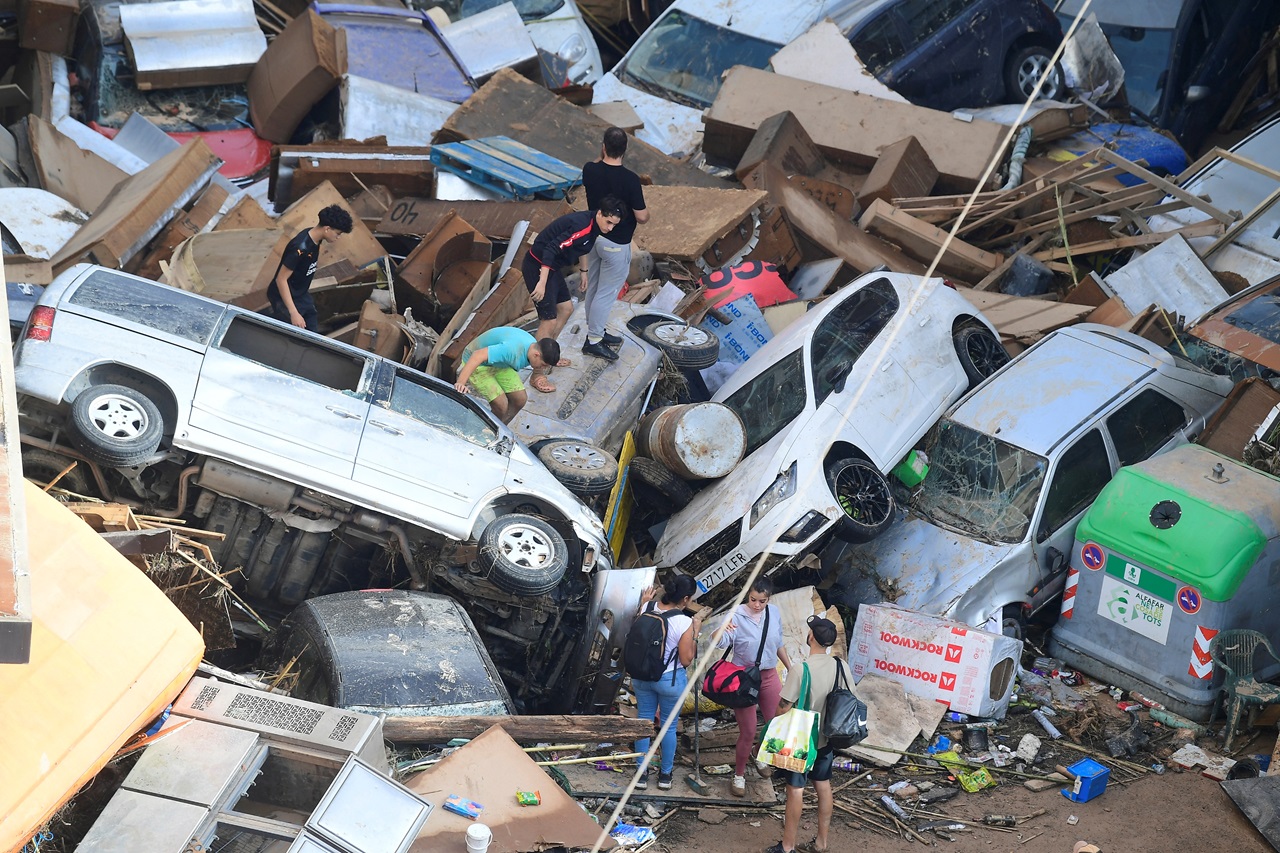
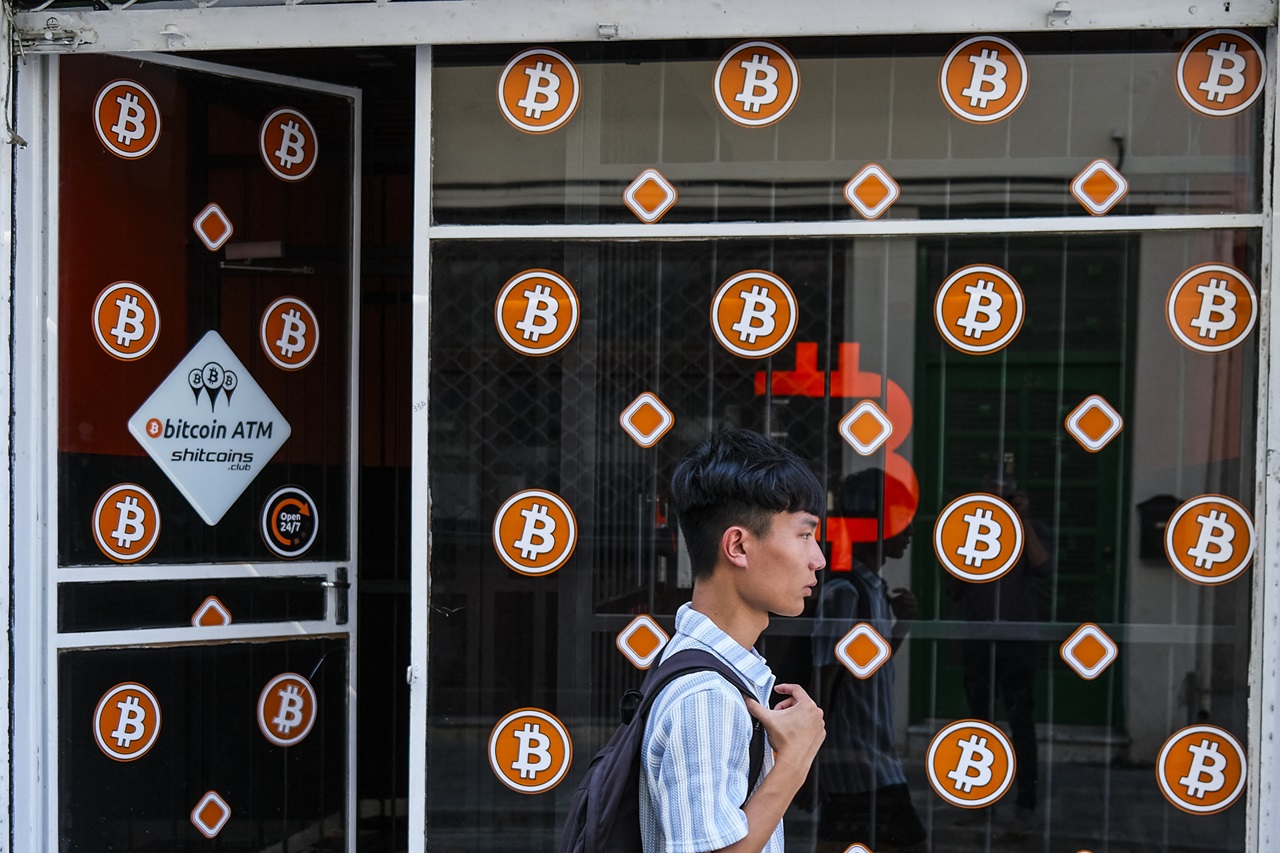

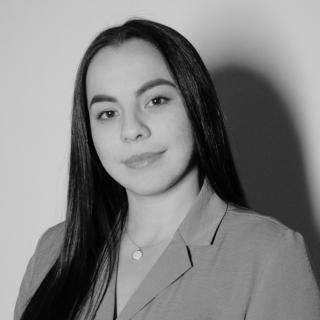
LEAVE A COMMENT:
Join the discussion! Leave a comment.